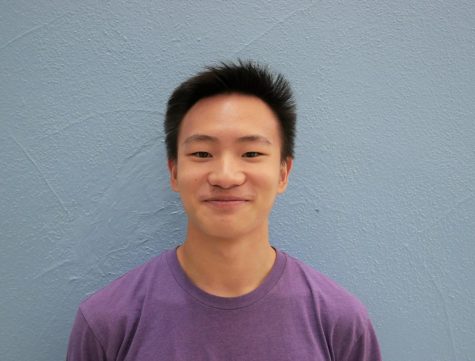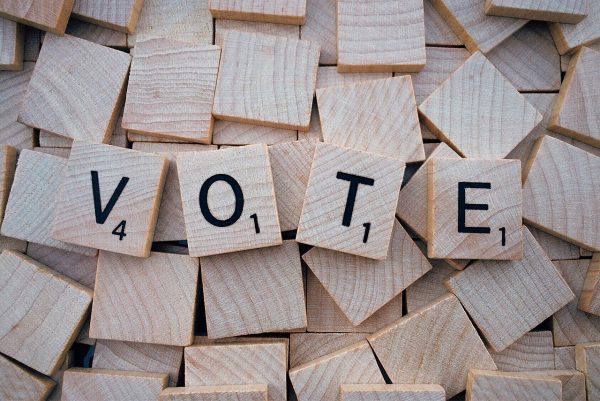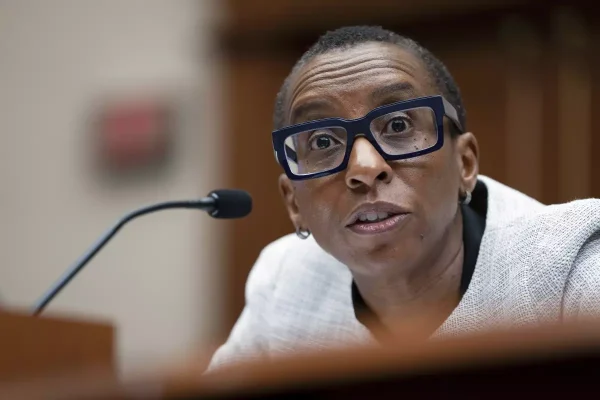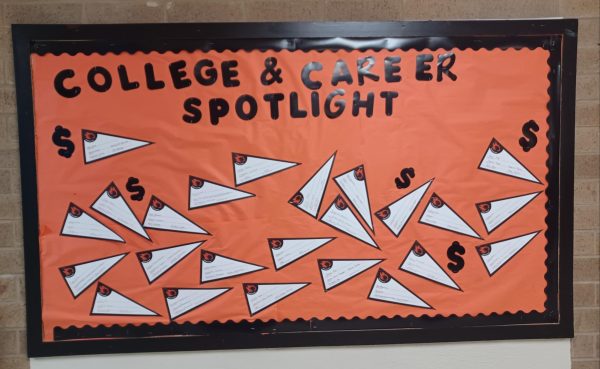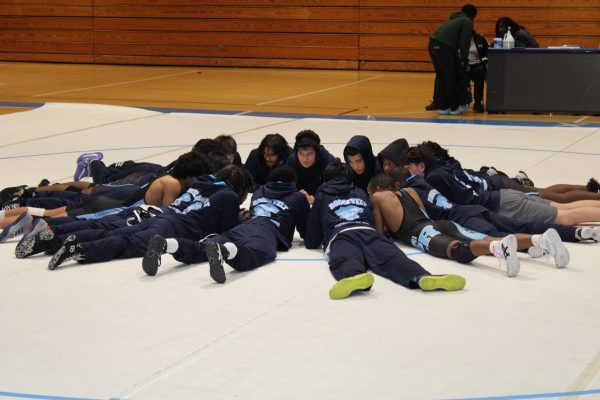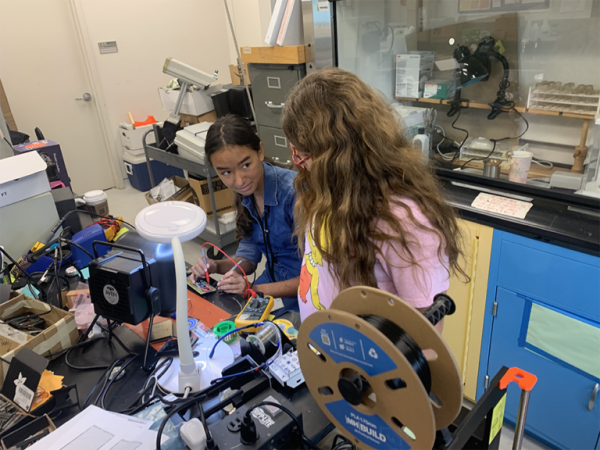ERHS Students React to UBI
October 15, 2019
In the 2020 presidential election, Andrew Yang has brought up a different idea—UBI. UBI stands for universal basic income and is also referred to as the “Freedom Dividend.” With UBI, anyone who is ages 18 to 64 would get an automatic monthly salary of $1000, regardless of their current wealth.
Many entrepreneurs have credited their safety net as a key reason why they could pursue such risky endeavors. Mark Zuckerburg—founder and current CEO of Facebook—says, “If I had to support my family growing up instead of having time to code, if I didn’t know I’d be fine if Facebook didn’t work out, I wouldn’t be standing here today. … The greatest successes come from having the freedom to fail.”
On the other hand, some people believe that it is an unrealistic ideal that would burden the United States financially.
Milton Ezrati—a Wall Street veteran—said in a Forbes article, “The most quoted schemes today would, according [to] calculations from Commerce Department data, cost the federal government between $2 and 4 trillion a year, amounting to a 50% increase in current federal outlays or more than 10% of last year’s gross domestic product (GDP). Such a draw on the economy would markedly burden taxpayers and increase government debt with all the associated economic ills.”
When students were asked about UBI, most did not know about it.
For example, senior Bryan Sosa was confronted with the idea of UBI and whether he heard about it, he said, “No, I haven’t.”
After given an explanation of what it was, Sosa showed support for it. “It’ll[UBI] give them a head start in life, especially for people in college who are on their own most of the time without help from their parents,” he said.
Another student, junior Jasmyn Brown, also showed support for UBI. After being introduced to the idea, she said, “That sounds really amazing, especially since we are having a lot of financial problems in this day and age. This would really help people, like teens, who are trying to earn enough money.”
Although most of the students interviewed had no problem with the idea of UBI, junior Camille Sturdivant mentioned, “This[UBI] will cost the U.S. a lot of money.” But despite the negatives of UBI, Sturdivant believed that the overall benefits exceed the disadvantages. “With robots taking jobs, this idea could help lift people in desperate times.”
Brown elaborated on the possible benefits of UBI saying, “I would save up that money towards college finances and to also make trips out of the United States. I think this idea would be possible if the U.S. would cut back on the cost of goods and services.”


